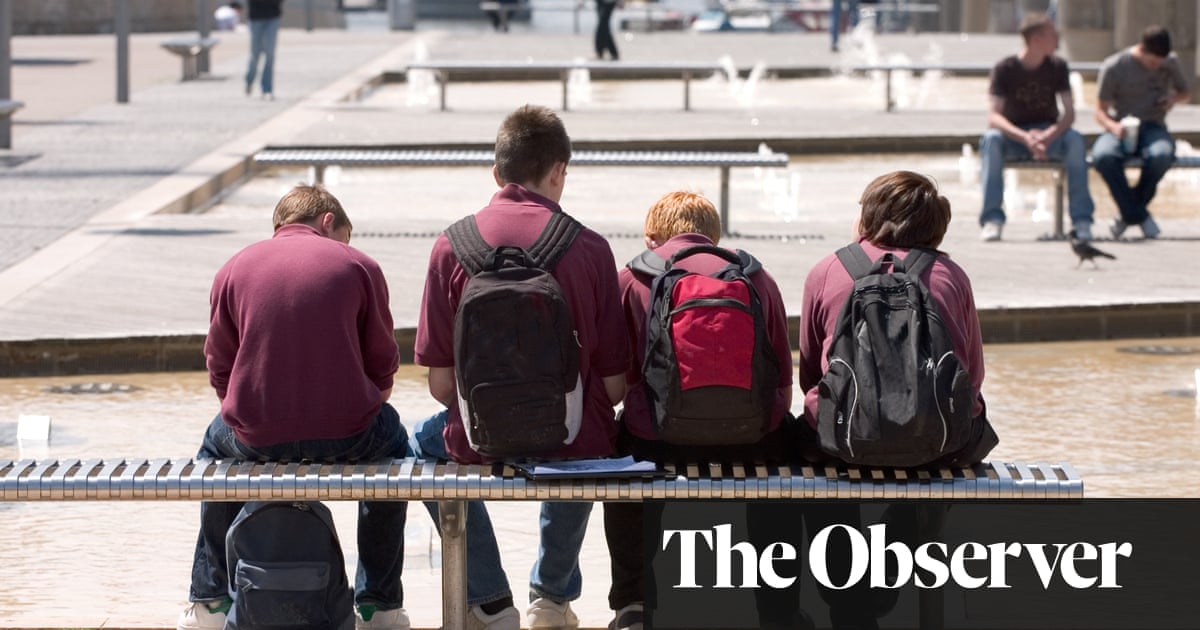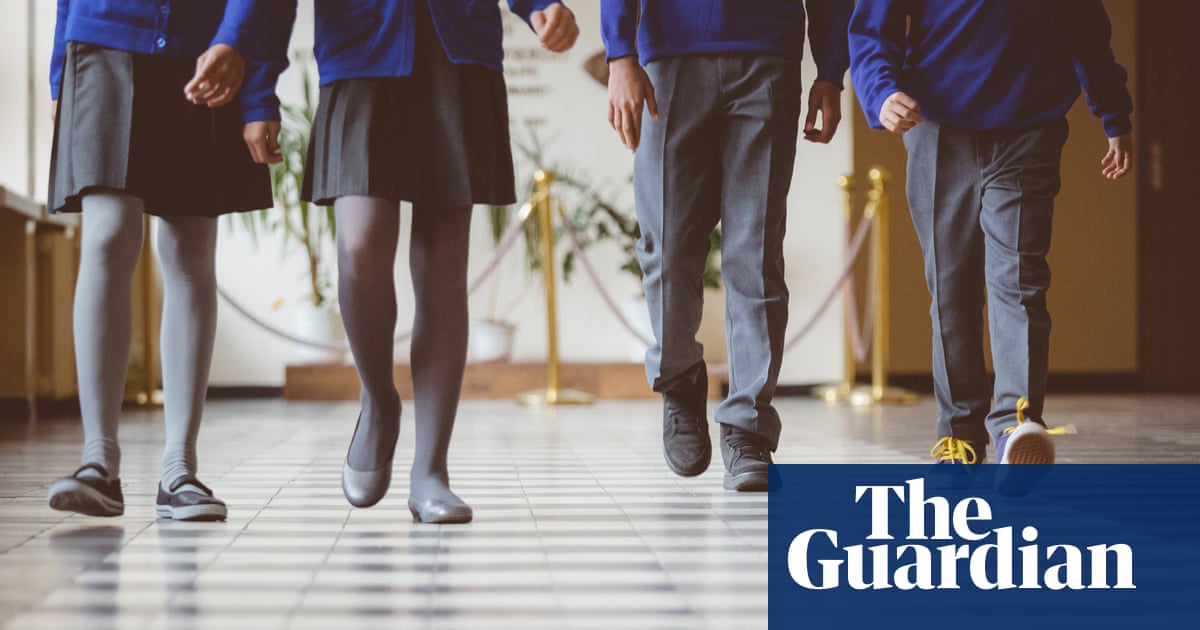
Thousands of excluded pupils who are at risk of criminal and sexual exploitation have no school, college or training place to go to in September because of the disruption caused by the Covid-19 crisis, headteachers have said.
Around 10,000 year 11 students who were excluded from mainstream schools in England and moved to alternative provision (AP) are due to leave at the end of this term, but a survey suggests a quarter have no plans in place and may have become further disengaged under lockdown.
AP leaders who responded to the survey, conducted by the teacher training charity The Difference and the Centre for Social Justice thinktank, estimated that a third of their year 11s may be vulnerable to criminal or sexual exploitation.
They also said they expected a quarter of their pupils would not be in education, employment or training (Neet) in September and called for specialist sixth-form provision to be opened to keep them safe next term.
APs are not funded to teach pupils to 18 and students are expected to move to a college after their GCSEs, but headteachers have reported “exceptional challenges” during lockdown in supporting their students to transition.
This month the government announced an additional £750 per pupil to support students leaving AP to transition into education or training, but even with the extra funding leaders said one in four students would still not have anywhere to go in September.
The majority of headteachers surveyed said they would ideally keep on the most vulnerable pupils so they could resit the year if they were funded to do so, though some feared the students would not engage. Nine in 10 were in favour of setting up long-term sixth-form provision for their pupils.
Ellie Doyle, an associate senior leader at Mayesbrook Park school, which offers AP in Barking and Dagenham, east London, said: “Learners heard on the same day that school was shut and exams were cancelled. This was devastating.
“A small minority are simply not yet ready for transition to post-16; they have had such gaps in their learning so far, and now they have lost these most important months during lockdown. They still feel so uncertain about what September holds.”
Year 11 students who were already at increased risk of becoming Neets as a result of being excluded have not been able to attend college open days or engage with training providers as a result of the pandemic. An estimated 35% are vulnerable to criminal or sexual exploitation and 29% have serious mental health conditions.
Richard Cronin, the head of Everton Free school, another AP, said: “The legacy of the Covid-19 lockdown will be even more damaging for those learners who have already fallen through cracks in the school system.
“These young people are at a critical point in their learning journeys which will impact on their future employment and life chances. Now more than ever there is a clear need for high quality, funded post-16 AP provision and pathways.”
The Difference chief executive, Kiran Gill, said: “These are the most vulnerable children in the country – disproportionately living in extreme poverty, suffering mental health problems and at risk of exploitation.
“These 16-year-olds need stability and to continue in education over the next six months, or they could be not only lost to the labour market but further caught up in criminal and sexual exploitation.”
The survey was based on responses from school leaders representing 86 APs, of which 78 were state maintained, constituting a quarter of all state-maintained AP schools with provision for year 11s.
A government spokesperson said: “Leaving Alternative Provision at 16 can be a difficult transition – especially this year as many young people will have missed out on time with their teachers and peers during the coronavirus outbreak. That’s why we recently announced a bespoke package of support for each year 11 currently in AP to help engage them in further education, employment or training through the next year.
“We are also working across government to protect vulnerable children from county lines gangs and other exploitation as schools re-open, and we are investing into early intervention projects to divert young people away from violent crime.”











